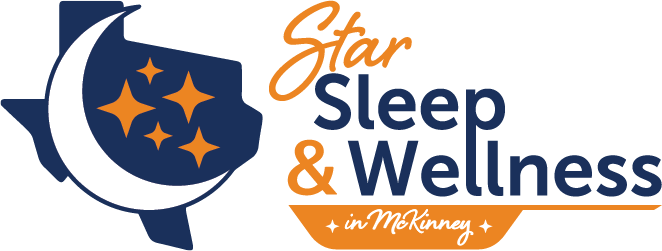Sleep Disorders We Treat McKinney
Customized Treatment Plans for Every Sleep Disorder
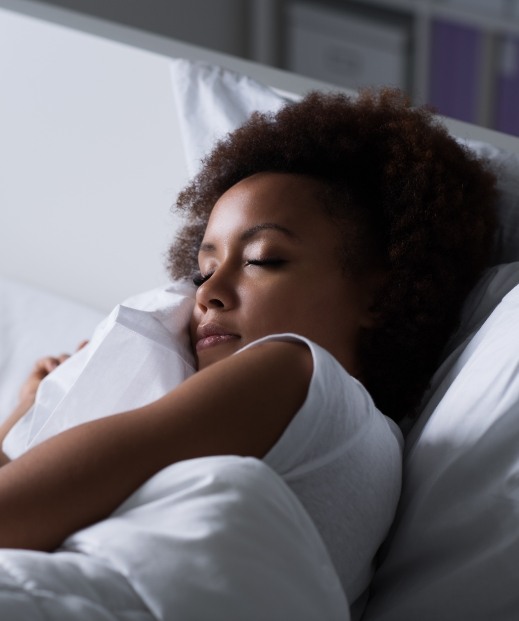
Treating a sleep disorder requires a personalized approach from a trusted expert. At Star Sleep & Wellness in McKinney, we are pleased to have several sleep doctors on our team who can offer guidance and non-surgical resolutions for everything from sleep apnea to insomnia, narcolepsy, shift work disorder, and more. Our available options for treating sleep disorders in McKinney are comprehensive, and we make it easy for patients to maintain easy access to our team of professionals through in-office and telesleep consultations.
Sleep Apnea

Obstructive sleep apnea - the most common form of sleep apnea - occurs when muscles in the back of the throat collapse, creating a blockage that prevents air from flowing freely. Affecting more than 20 million people in the United States, obstructive sleep apnea is linked to many health complications, including stroke, heart attack, diabetes, high blood pressure, and more. While more than 80% of sleep apnea cases go undiagnosed, it is imperative that patients seek professional help to avoid more serious consequences in the long term.
Snoring
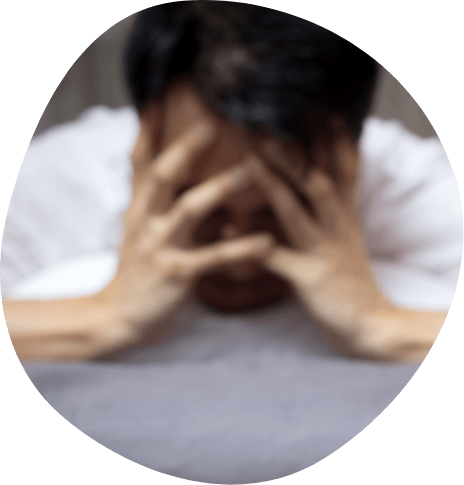
Loud, chronic snoring can be a clear indicator that sleep apnea is present. Although that is not always the case, patients should see a sleep physician if it continues for a prolonged period. When the soft palate and uvula become relaxed enough, a vibration forms because of an obstruction in the airway. This releases the loud noise that often disrupts patients’ and their loved ones’ sleep habits. Fortunately, there are snoring treatments available to minimize the problem.
Insomnia
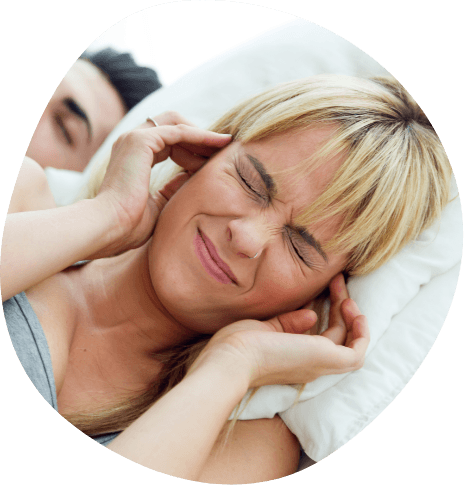
Insomnia can occur as a short-term or chronic problem, causing individuals to remain awake and miss out on valuable sleep. As a result, it can create problems in one’s personal and professional life because of extreme fatigue and inability to focus. With one in four people suffering from insomnia, helpful treatment options are essential to avoid the potential personal, social, and work-related consequences. Our sleep doctors and licensed sleep psychologist in McKinney are here to identify the underlying cause of insomnia and deliver proven results for a better life.
Nocturia
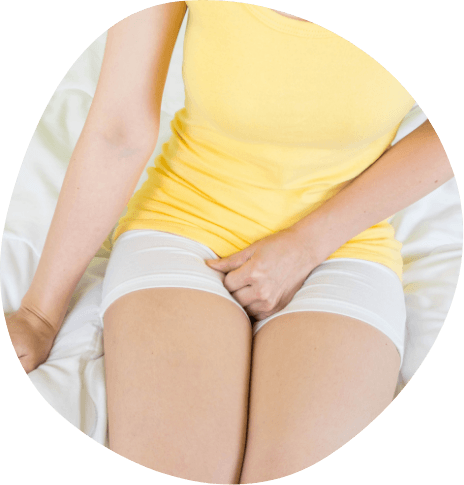
Waking throughout the night to go to the bathroom is not something most people prefer. Not only is it a nuisance, but it also disrupts one’s sleep pattern, resulting in fatigue, moodiness, and lack of focus. Known as nocturia, it might seem as if it is a problem that will go away on its own, but if it happens repeatedly over time, it requires seeking a sleep physician who can provide appropriate care. And with more than 40 million Americans suffering from this condition, a person doesn’t have to feel alone when receiving nocturia treatment.
Restless Leg Syndrome
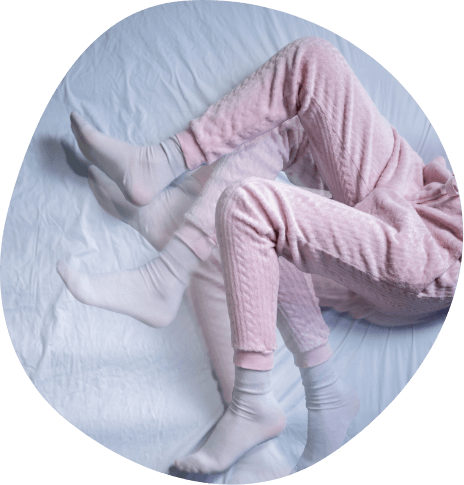
If a person experiences the uncontrollable urge to move their legs, it can be attributed to what is known as restless leg syndrome (RLS). Occurring in both men and women, the condition causes much discomfort, making daily rest seem impossible, especially as patients age. With help from our team at Star Sleep & Wellness in McKinney, however, we can examine an individual’s overall health history before conducting a sleep study. Once data is thoroughly analyzed, an appropriate treatment plan will be created to ensure a more restful future.
Parasomnia

Parasomnia is not a common term among non-medical professionals, but it is something that many people suffer from. As the clinical phrase that encompasses night terrors, sleepwalking, and talking in one’s sleep, parasomnia can make going to sleep (and staying asleep) a difficult reality. Because it is caused by many different factors (i.e., stress, certain medications, depression, insomnia, and irregular sleep), our team will need to examine and discuss a person’s overall physical and mental health to determine the best course of action for treatment.
Shift Work Sleep Disorder
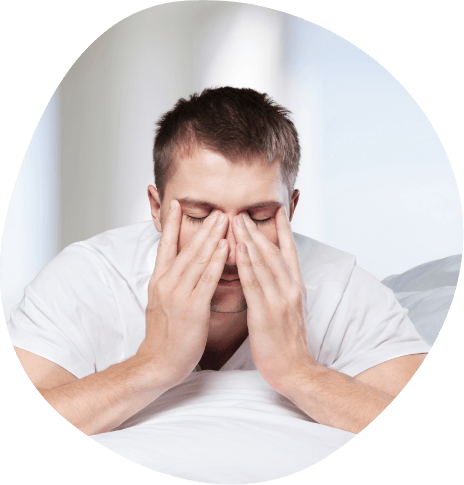
Each person has a circadian rhythm. When functioning properly, adequate rest is achieved. However, when a person works irregular hours, this can be thrown off, resulting in a sleep disorder that causes much fatigue. Unfortunately, when this happens, it increases the risk of an individual engaging in drowsy driving, which can be deadly. It also makes work and daily life much harder because of decreased cognitive brain function. By evaluating a person’s situation and schedule, our team can make appropriate recommendations to help change lifestyle habits and improve their quality of sleep.
Narcolepsy
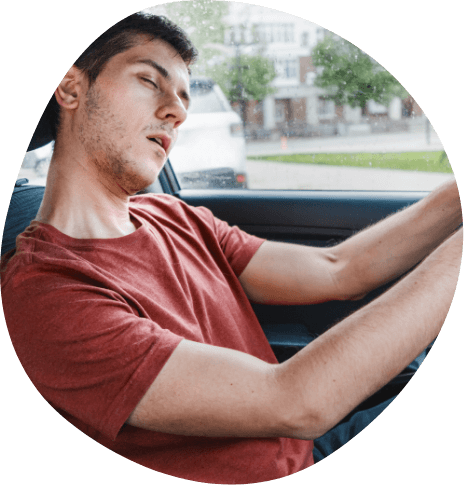
While some individuals are envious of those who can fall asleep easily, it’s not always a good thing, especially if the person has narcolepsy. Affecting more than 200,000 Americans, this condition may be less common, but it has the ability to cause serious issues when attempting to navigate a daily work-life schedule. Because a person with narcolepsy will suddenly fall asleep and enter into a REM cycle, it can create problems at work, home, or at school.
REM Sleep Behavioral Disorder
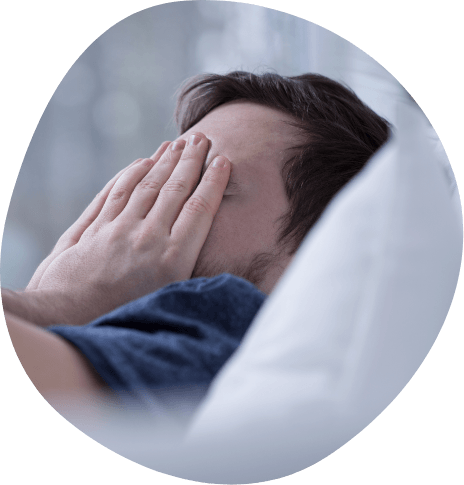
The feeling of paralysis can be alarming, especially when an individual is in a cognizant state. REM sleep behavioral disorder occurs when a person is dreaming but suddenly becomes mobile or vocal, causing a sense of awareness. This is vastly different than the temporary paralysis one experiences when completing a sleep cycle. Instead, this disorder causes the potential for harm to oneself or others. Although more common in men than women, it is often found in those who suffer from neurodegenerative disorders.
Non-24-Hour-Sleep-Wake Disorder

The body’s circadian rhythm is naturally designed so that individuals will remain awake during the daytime and fall asleep at nighttime. Although many do not struggle with this concept, the truth is that many do, resulting in what is known as non-24-hour sleep-wake disorder. Because the struggle exists between the body and the brain, it is our job as specialists to pinpoint the problems and rectify the situation with carefully thought-out treatment to ensure a more positive sleep experience.
